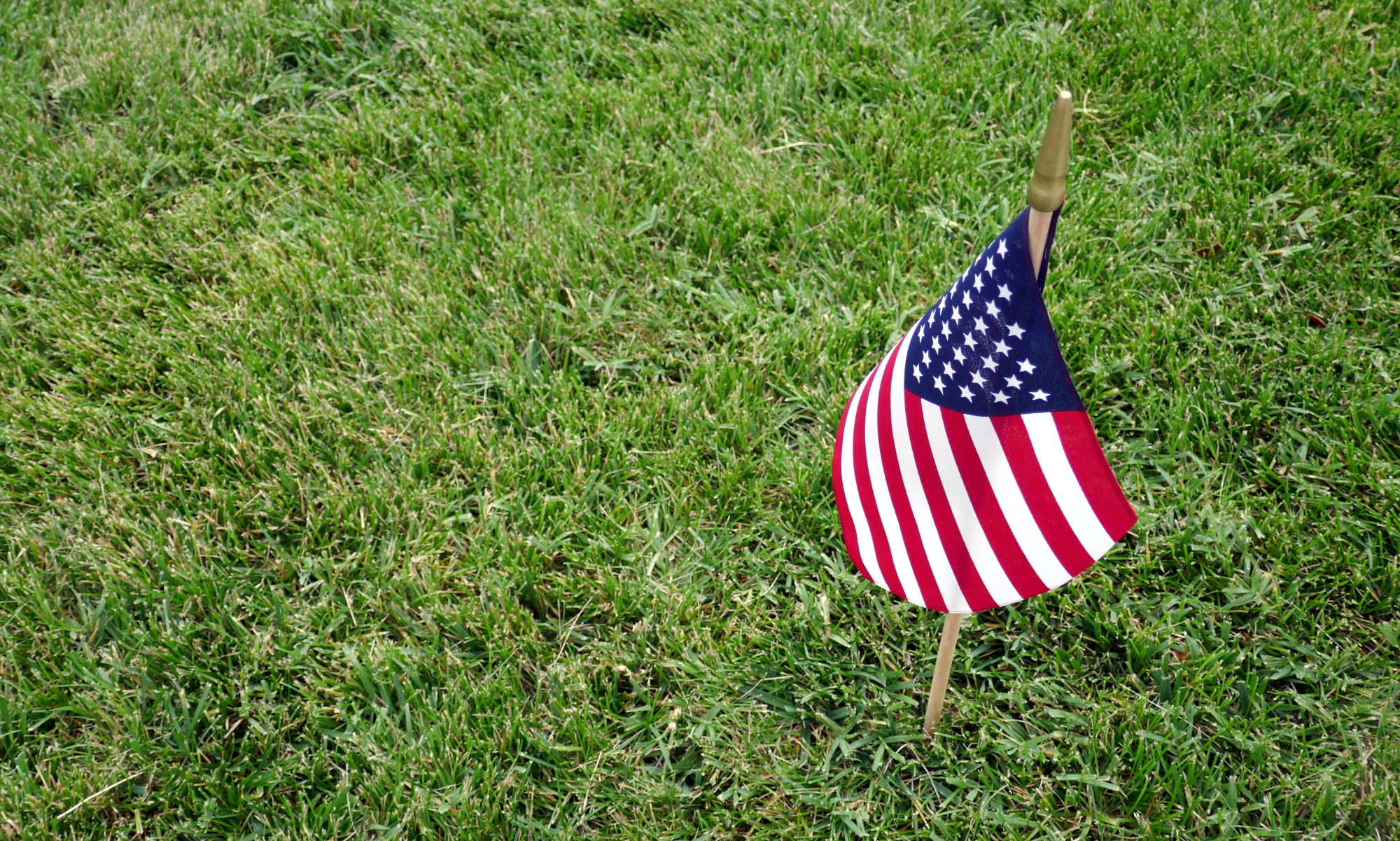By Rebecca Loesberg, writing for Grassroots Alexandria
Recent fighting and community tragedy at and nearby Alexandria schools have many residents raising the issue of safety in our schools. These residents are right—there is a safety issue in ACPS, but it’s not the one you think. And, there is something we can do about it. What we do have is a bunch of children returning to in person school after over a year of at-home learning, some in-person learning, and continued isolation due to COVID-19. From a mental health perspective, it’s no surprise that these kids are overwhelmed and overstimulated during our collective trauma, resulting in increased tension and expression of that tension through physical violence. After all, we are also inundated with videos of grown adults losing control of their emotions in supermarkets, on airplanes, and in shopping malls.
Requested action: Please write to the school board and city council with a simple message:
“For the health and safety of our students, please increase the implementation of restorative practices, which models active discussion and resolution of conflict. Please add staff, training, and an active plan that can be measured for accountability. Please fast track the hiring and implementation of more mental health resources for our kids that was promised when the School Resource Officer (SRO) money was re-allocated. Please implement greater structure around free/lunch periods. Let’s please, listen to our students, many of whom spoke out against implementation of SROs. Let’s not rush back to implement an ineffective program, but use this as an opportunity to increase resources for our students.”
We do not make this request lightly. We urge you, when contemplating what safety means for you, your children, and our school system, to look at the broader context. To encourage you to act, we offer this fact-based assessment:
City Council recently did the right thing when they removed funding from the SRO program and allocated it to badly needed mental health funding. Because poverty is a form of violence, pandemic-driven increases in poverty and family stress have almost certainly increased the need for mental health services. What our kids are crying out for—yelling for—is more support, more attention, more restorative practices that actually assist them in resolving conflicts with their peers and increasing emotional stability and safety.
This support doesn’t need to be in the form of police in schools. If anything, the trauma that many community members have experienced from police violence and witnessing police violence would only add to overstimulation and lack of safety in schools. After all, we’ve seen that schools with SROs have 3.5x more arrests than schools without, with those arrests disproportionately affecting Black students and students with disabilities. More than that, there’s a startling lack of research that shows that SRO programs are effective in any way. We do have models of success for eliminating police in schools. When it was recently done in Toronto, it resulted in no increase in violence or suspensions. A year-long work group in Arlington led them to follow the Alexandria example–they concluded that they don’t need police in schools. We also have studies that show restorative justice practices are effective.
We all share a common goal. We want our schools to be welcoming, safe places for all of our students. Let’s double down on that vision.
- Let’s push our school system to increase its implementation of restorative practices, which models active discussion and resolution of conflict. Let’s do more for our kids than teach them that conflict or misbehavior can only be met or dealt with by armed police. We all have the capacity to ask for help or try to resolve an issue without police. If anything, we’ve seen many examples where police only add tension, more violence, and escalate a situation that could have been resolved peacefully. ACPS currently has one restorative practices staff member across all schools. Let’s call for added staff, more training, and an active plan for implementation that can be tracked and measured for accountability.
- Let’s urge City Council to fast track the hiring and implementation of more mental health resources for our kids that was promised when the SRO money was re-allocated, including in the high school.
- Let’s look at school capacity and scheduling to implement greater structure around free/lunch periods. Currently, ACHS has a lunch hour at the same time for all of its students, leading to an environment with over 3,000 students wandering free at one time. Adding variation to lunch hours will help with student management and allow staff to better regulate who is coming in and out of the building.
- Let’s listen to our students, many of whom spoke out against implementation of SROs during the City Council decision. Let’s not rush back to implement an ineffective program, but use this as an opportunity to increase resources for our students.
We do have the capacity to increase safety at ACPS. We can follow the platform already outlined for us through many community and national organizations, including Tenants and Workers United, Racial Justice Alexandria, Grassroots Alexandria, Alexandria NAACP, and the Movement for Black Lives. We don’t need to fall back to arcane visions of safety, many of which have never been safe for our community members. We can increase safety of our students by expanding focus on restorative practices and show our resolve to our commitment that the safety of our students matters to our community.


Thank you! 🙏🏽❤️
Finally, to those arguing that parents are not being listened to regarding SROs on campus, I invite non-Black parents to listen to the organizing and voices of Black parents in our district. The African-American Parent Advisory Council has raised the issue of SROs on campus consistently, because their children are the most impacted by police presence in our schools and in our neighborhoods. Black students, LGBTQ students, foster students, and indeed all students, need more understanding and more care to address all the ills that society places on them.